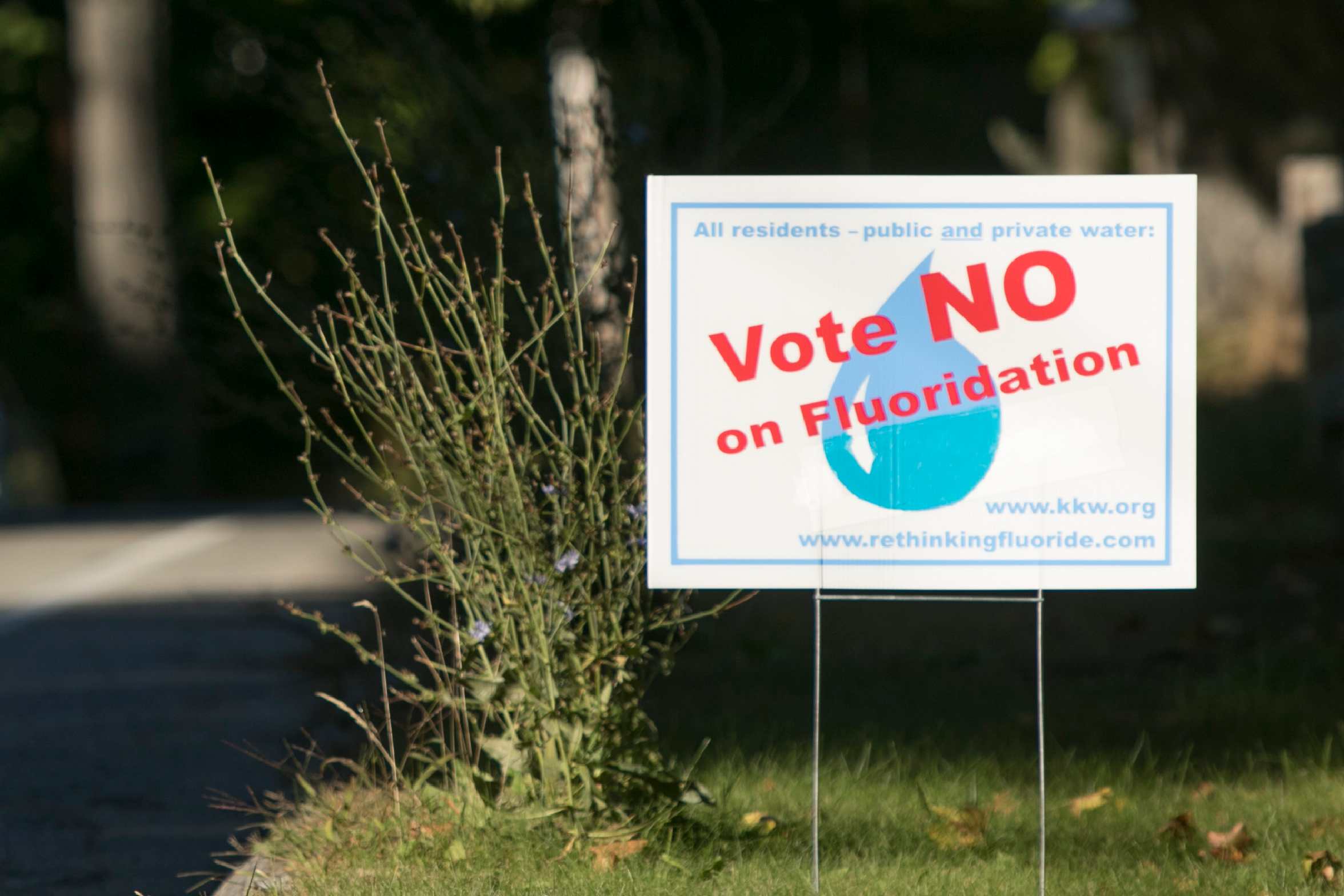…
It is a scenario playing out nationwide. From Oregon to Pennsylvania, hundreds of communities have in recent years either stopped adding fluoride to their water supplies or voted to prevent its addition. Supporters of such bans argue that people should be given the freedom of choice. The broad availability of over-the-counter dental products containing the mineral makes it no longer necessary to add to public water supplies, they say. The Centers for Disease Control and Prevention says that while store-bought products reduce tooth decay, the greatest protection comes when they are used in combination with water fluoridation.
The outcome of an ongoing federal case in California could force the Environmental Protection Agency to create a rule regulating or banning the use of fluoride in drinking water nationwide. In the meantime, the trend is raising alarm bells for public health researchers who worry that, much like vaccines, fluoride may have become a victim of its own success.
The CDC maintains that community water fluoridation is not only safe and effective but also yields significant cost savings in dental treatment. Public health officials say removing fluoride could be particularly harmful to low-income families — for whom drinking water may be the only source of preventive dental care.
“If you have to go out and get care on your own, it’s a whole different ballgame,” said Myron Allukian Jr., a dentist and past president of the American Public Health Association. Millions of people have lived with fluoridated water for years, “and we’ve had no major health problems,” he said. “It’s much easier to prevent a disease than to treat it.”
According to the anti-fluoride group Fluoride Action Network, since 2010, over 240 communities around the world have removed fluoride from their drinking water or decided not to add it.



Ok, so this excuses adding anything to the water doesn’t it? I say we Ozempic because it helps people with diabetes.
I’m not talking about acccurately adding fluoride to water, I’m talking about the impossibility of controlling or knowing the fluoride intake of a person when it’s added to tap water, which is not only consumed directly but also indirectly when things are made using fluoridated water.
Your last argument amounts to “I don’t give a shit about it’s effects on anything else, it helps my teeth”.
non sequitur. Thought you liked logic. A very small percentage of the population is diabetic, all of the population has some level of teeth problems. But I am confident you will bring it up 19 or so more times.
The amount of water you take in is highly connected to your body weight, one goes up the other goes up. Higher body weight means you need more fluoride to have an issue. The only way to break this is to consume multiple times what the average is for your body weight for long periods of time. So much so I doubt your kidneys would be able to process that much water. But hey you can prove me wrong. Go look up what consumption levels you need for your body weight and how much is in your local supply.
No I mentioned nothing about my teeth. I pointed out a very simple way you could get the information to back up your “argument”. Then I mentioned that the place where we should see the biggest issues, in my limited experience, is where we weren’t.